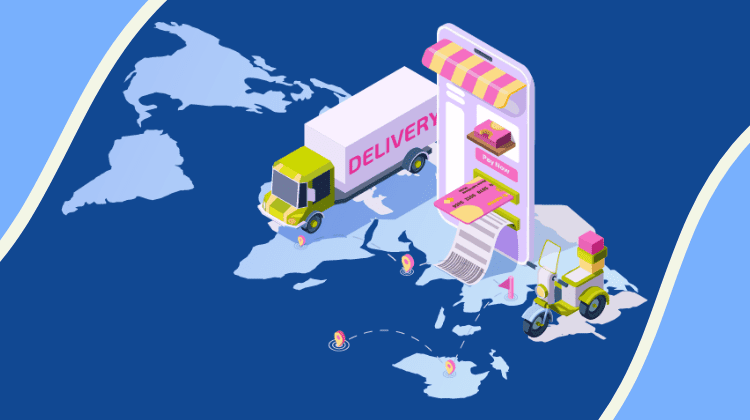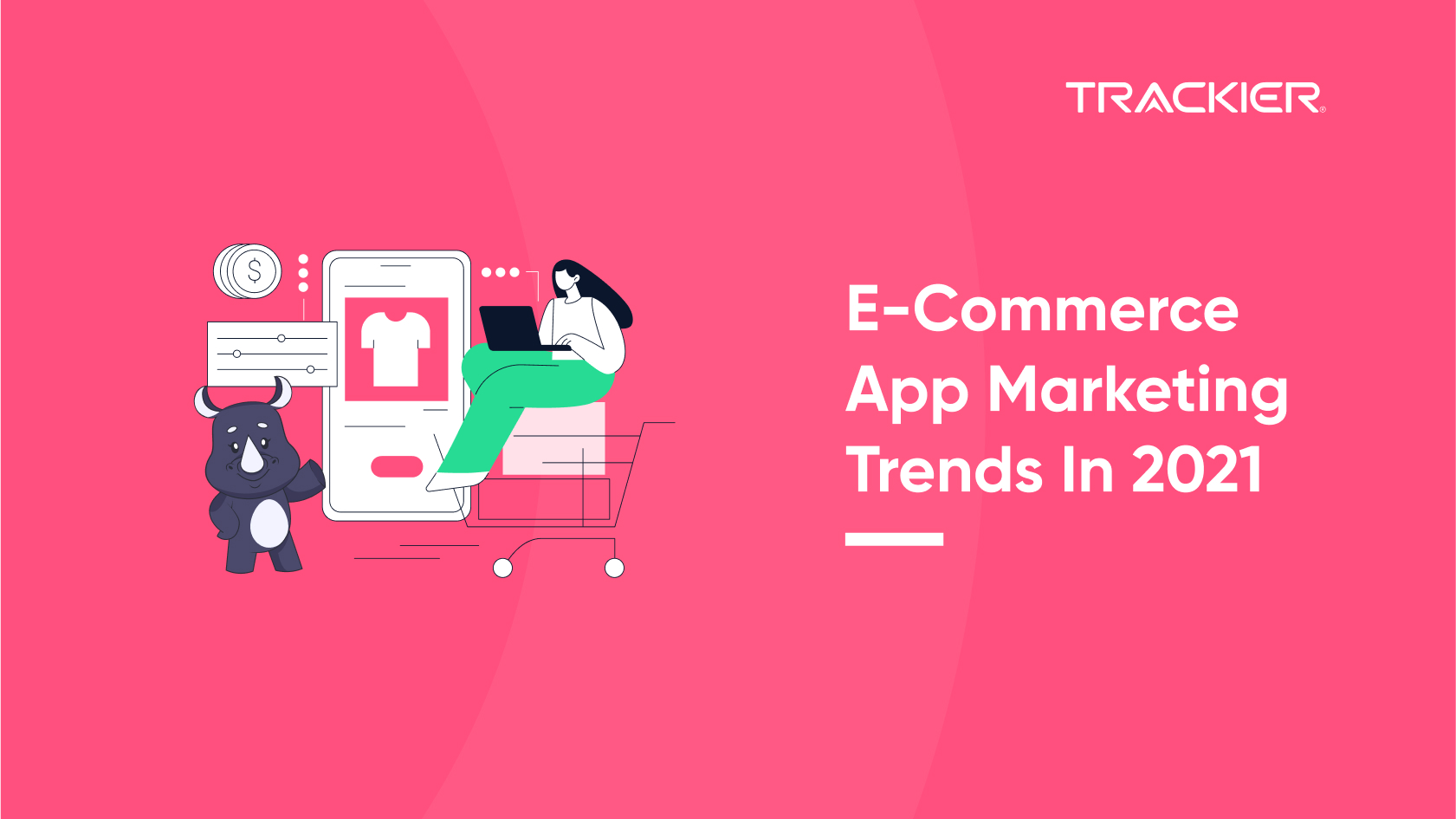
1. Benefits of E-Commerce App Marketing
All kinds of online shoppers can benefit from integrating a mobile app into their company’s procedures. An e-commerce app is an independent sales channel that adjusts to each client and has many benefits:
Convenience
Customers prefer to buy a product through specialised mobile applications rather than being able to purchase at any time and from any location. A well-thought-out design that feels natural and fluid, and speed and simplicity of navigation explain why 85% of consumers choose mobile applications over websites.
Push notifications
This is one of the main reasons why most business owners opt to develop an e-commerce app. They can use custom messages to inform about promotions, specials, and new products, and also communicate with a particular user or a group of users. The notifications can be very powerful as a remarketing tool if applied appropriately. Allow users to define preferences for when and how often they would like to receive messages to prevent uninstallation of your e-commerce application due to intrusiveness.
Customer retention
Apart from the push notifications, there are several other ways to make your consumers come back often. Mobile apps are more for loyal customers and run multiple marketing promos for loyal consumers.
More sales
According to research, consumers are more willing to buy via mobile applications. The conversion rate is three times higher than on the website. Thus, if you want to grow sales you need e-commerce app development services.
Integration with social networks and messengers
Consumers love to share their new product purchases with the world. A mobile app can share this with people’s friends and family through its sharing buttons. In this way, new consumers land on your head without you using money for adverts and marketing a product.
2. AR and VR
The AR and VR industry is pegged to go up to about $35 billion by 2025.
Retail will be $1.6 billion of that market, based on projections. That category encompasses e-commerce applications. For many years, virtual reality and augmented reality have been leading buzzwords in the IT sector. There are various applications of this kind of technology. AR is currently applied to mobile shopping applications to enhance the client purchasing experience.
For instance, an online furniture business can use augmented reality to show what a piece might look like in a customer’s home. This allows people to pick a colour and decide whether or not an item will fit in the intended location.
AR for online buying is much more convenient than the alternative. Customers are made to buy by trial and error without these mobile commerce applications, which is never ideal. The last thing any person wants to do is buy a couch or a table online just to find out that it does not fit in the living room or kitchen.
Assume you have an e-commerce website and sell clothes. You can use AR to measure consumers and suggest the best fit using a shopping app. You can even customize orders according to a person’s specific measurements. Consider it a virtual tailor. In 2021, we have already been seeing more of this out-of-the-box thinking in AR and VR.
3. Chatbots enhance Shopping Experiences
E-commerce apps with Chatbots engage online shoppers in the same way a sales representative would. Today’s customer expects to be able to discover and buy a product with just a few clicks, and they become upset if they can’t. This is where a chatbot can help rescue the deal. The largest trend of 2021 e-commerce app marketing is an astronomical rise in the utilization of chatbots for better marketing, sales, and customer retention. For businesses considering this technology, it’s important to find a solution that fits your budget and goals. G2 experts have crafted this guide on chatbot pricing comparison, featuring trusted peer reviews and detailed cost breakdowns.
Customer service chatbots are the latest fad and continue to revolutionize the way people shop online. They have emerged as one of the most important marketing tools, and that day is not far when self-service checkout kiosks will become the standard in retail, and in-store marketing will expand.
In the same way that chatbots are getting smarter, personal shopping assistant bots online will become more widespread, leveraging prior data to help predict new goods that you’ll enjoy. This is similar to Amazon’s suggestions for similar goods.
4. Customers return as a result of Subscriptions
Another trending e-commerce app marketing strategy is to avail of the feature of app subscriptions. Subscriptions of various kinds are available these days, and their ease in appealing to customers is well known. Subscription services provide a method for businesses to prepare for inventories and sales that are already locked in.
According to David Zimmerman of Kensium’s Director of eCommerce Solutions, “By next year, even more firms will offer subscription services or monthly payment choices for bigger purchases.”
5. Geotargeting
Knowing where your consumers are and how to reach them is a good strategized app marketing approach. If you are aware of where they will be because of a region or an event, then you can use that knowledge to your advantage and some location-based marketing techniques can be used in your current strategy. Geolocation E-commerce mobile marketing might greatly benefit from location-based marketing. You have many choices when it comes to who and what you want to target, as well as how you want to implement it.
Conclusion
Mobile trends are going to dominate the e-commerce sector for a long time in the future. Therefore, you should monitor the development of mobile commerce closely if you are the owner of an e-commerce shop, so you can plan your marketing strategy well. If you examine the above mobile commerce trends, you will notice that all these trends are similar in that they involve integration with apps.
Creating a mobile app for your e-commerce website is the simplest method to stay up with the times and new technologies. In 2021, this is how customers prefer to purchase. Every mobile e-commerce trend is pointing in this way. To dominate mobile commerce in 2021, use the strategies and best practices outlined in this blog.



